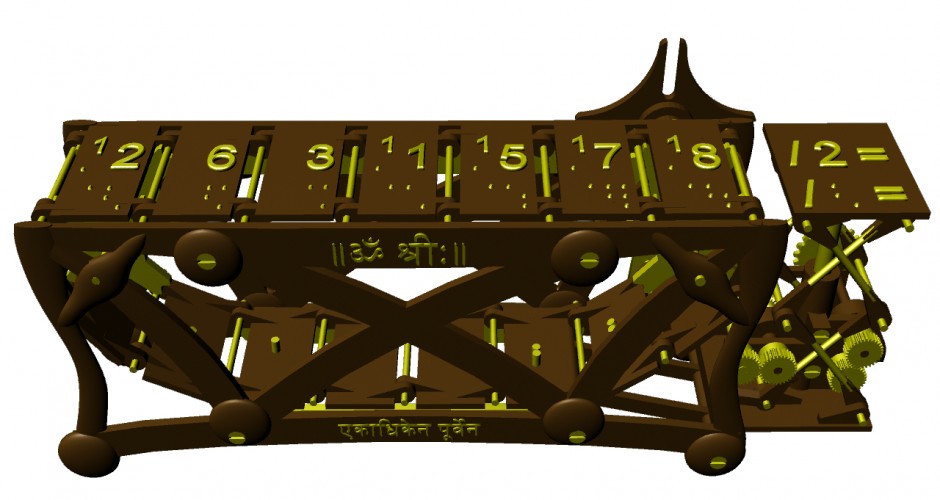KOLKATA: For eight years, a few mathematics and Sanskrit scholars of the Calcutta University have been working on a mammoth project. They have been trying to establish a tall claim that at least 5,000 basic and advanced modern mathematical concepts have their roots in Sanskrit and most of these have Vedic antecedents.
At the end of this painstaking research, the first kosa or dictionary of Sanskrit to English mathematical terms is ready and there are four more to follow. This central government project is being touted as the first of its kind in the world as never before have the Indian etymology of so many modern technical terms been so radically established.
The project was given to these scholars by the Rashtriya Sanskrit Sansthan, a wing of the ministry of human resources development, through the city-based Sanskrit Sahitya Parishat. The chief investigators of the project are retired faculty members of Jadavpur and Calcutta universities, Manabendu Banerjee and Pradip Kumar Majumdar, respectively.
While the world gives credit to India for invention of the concept of ‘zero’, not much else in modern maths is attributed to this country. “Also, while it is generally believed that it was the fifth century AD mathematician Aryabhatta who invented zero, we have been able to establish in our project that zero or ananta was a concept as old as the Rig Veda. Similarly, eka or number one also has roots in this Veda,” explained Majumdar.
All branches of mathematics are well represented in the Vedas, Aranyakas, Brahminical literature, Upanishads, Panini’s Ashtadhyayi and Yaska’s Nirukto, the dictionary explains. It goes on to prove that most solutions that can be arrived through algebra, geometry and trigonometry have Sanskrit roots. Thus, what the world knows as Pythagoras’ theorem existed in the Sulbasutras provided in the manuscripts of Boudhayan, Apostombo, Manaba and Katyayan.
A large number of formulae developed thousands of years ago, which lead to the same assumption as modern theorems, have been provided in the dictionary, with their places of occurrence in Indian punthis.”Take the case of Euclid’s concepts, on which modern geometry is based. You will find that all of today’s geometric shapes and angles were present in the way the yajnabedis or the holy sacrificial fires were erected. Each design had a typical astronomical or cosmic meaning to it and a specific purpose for which the yajna was to be conducted,” explained Banerjee, who is also the former vice-president of Asiatic Society. The dictionary is replete with the designs of these yajnabedis and go on to explain their modern geometrical equivalents. The additional benefit is that the ancient custom and belief system surrounding these bedis have also been explained in the dictionary. It says that the origin of most of these designs can be found in Vedanga Jyotish of 12th century BC.
Similarly, what the world associates with trigonometry today can be found in the ancient Indian texts. Take one of the most common formulae in Trigonometry – sin 2A = 2 sin A cos A. The dictionary explains that you can find such formulae that are used to measure area or height in the manuscripts of not one but several scholars of ancient India. The term jyotpotti (trigonometry) and the integral formulae therein can be traced back to Aryabhatta in his Siddhantasiromani, in the 12th century manuscripts of Bhaskaracharya II, in the 7th century Brahmasputasiddhanta of Brahma Gupta and in the 16th century Siddhantatattobibek of Kamalakar, the dictionary says.
The four scholars who worked with the investigators on the project are Rajib Chakraborty, Rina Dutta, Bulbul Chakraborty and Subrata Mondal. “We are working on four more volumes that deal with astronomy, architecture, medicine and physical and biosciences. We are almost ready with the volume on astronomy,” said Rajib Chakraborty.































Great! Great ! Keep going heroes !